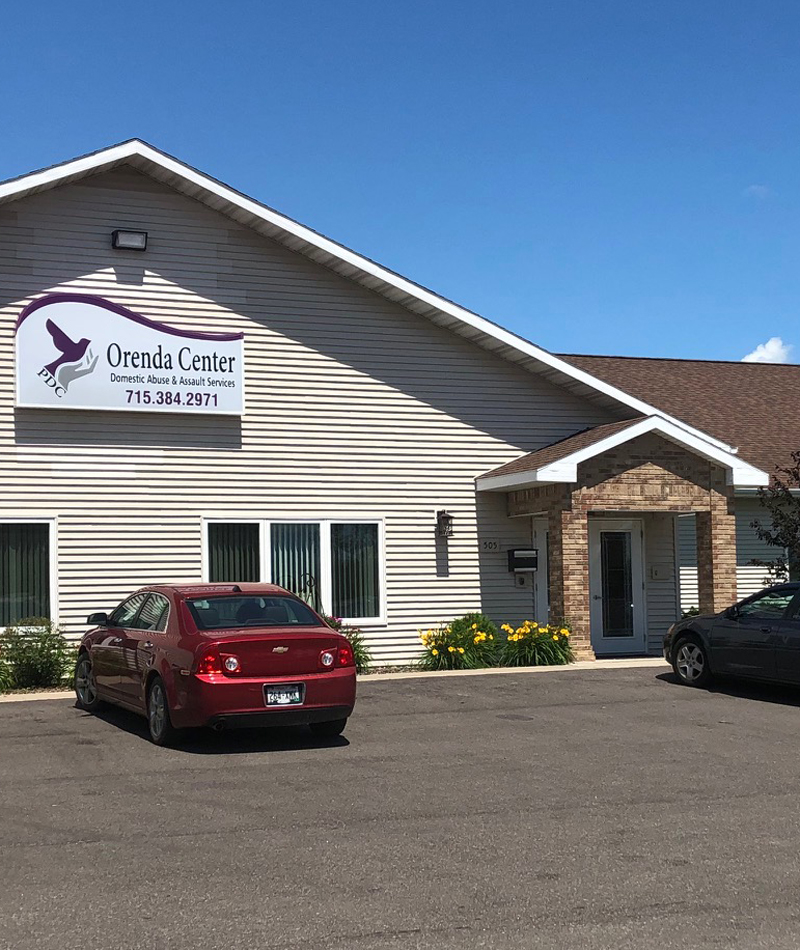Children of Domestic Violence
Facts
- Domestic violence is devastating for children
- Never the fault of children
- Cannot be ended by children
- Children are often unintended victims stuck in the middle of a situation beyond their control and understanding
- When there is violence in the home, children do not develop and grow normally
- Violence in your family has long-lasting and negative psychological, behavioral, and emotional effects
Parents Should Tell Their Children
- Violence is never right, even when someone they love is being violent.
- Neither you, nor they, are at fault or the cause of violence, and when anyone is being violent, it is important to stay safe.
